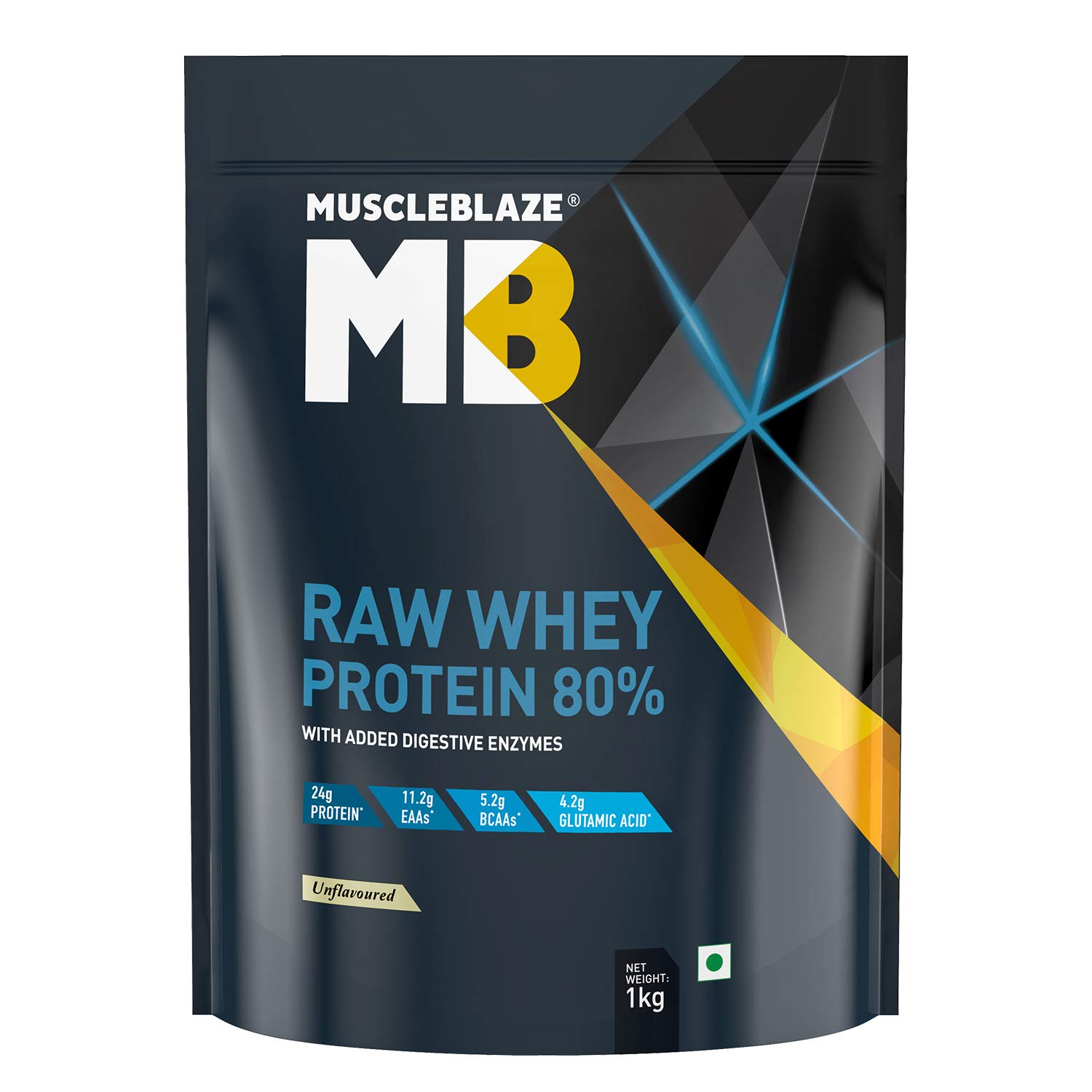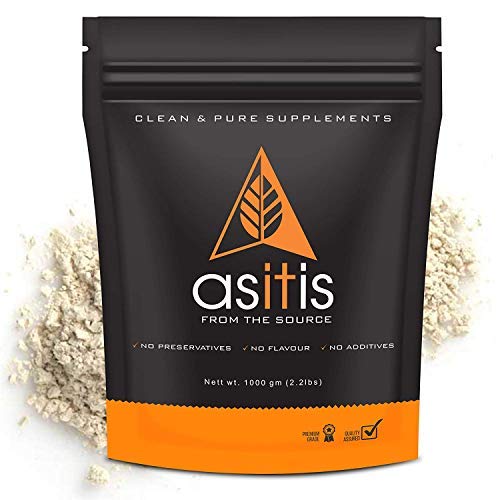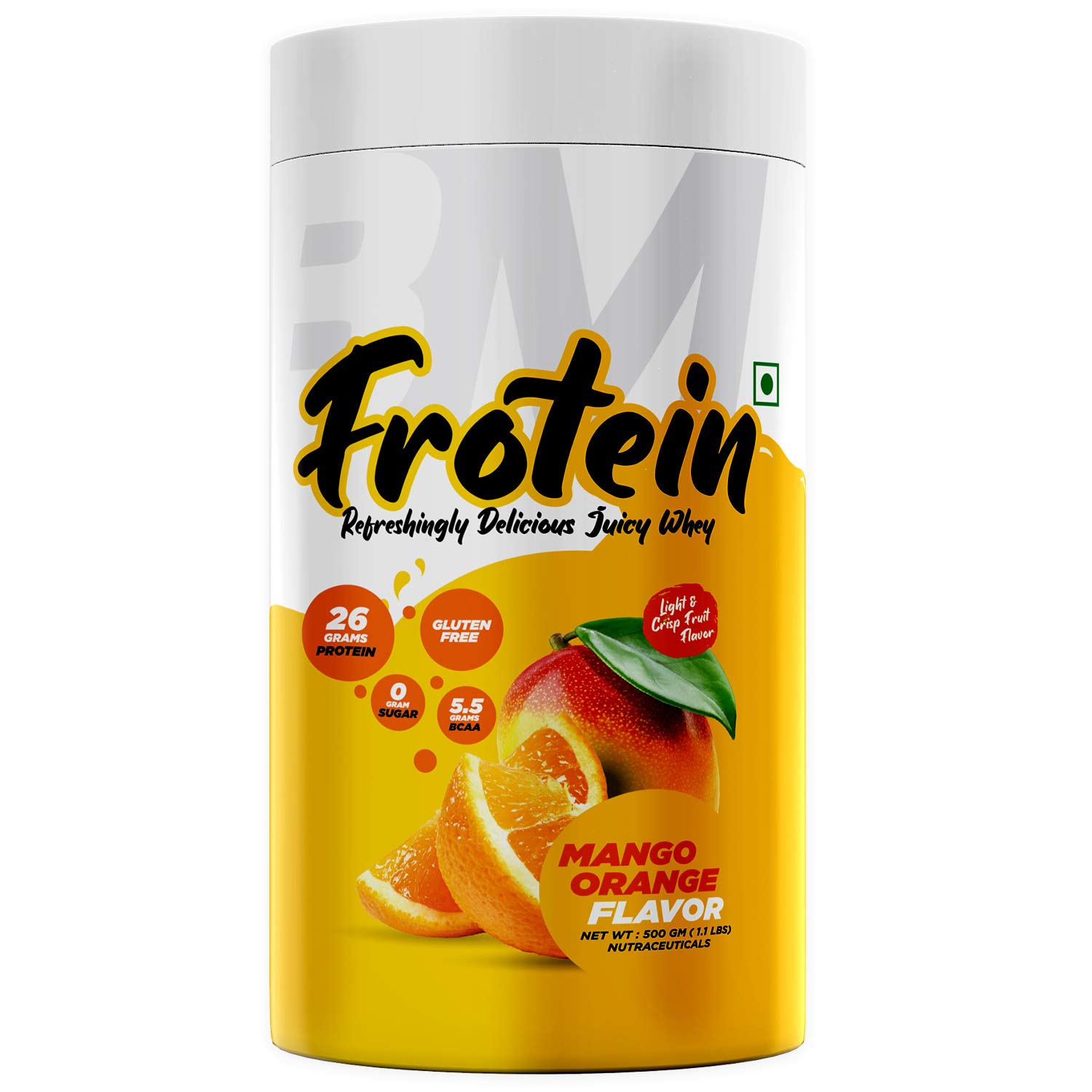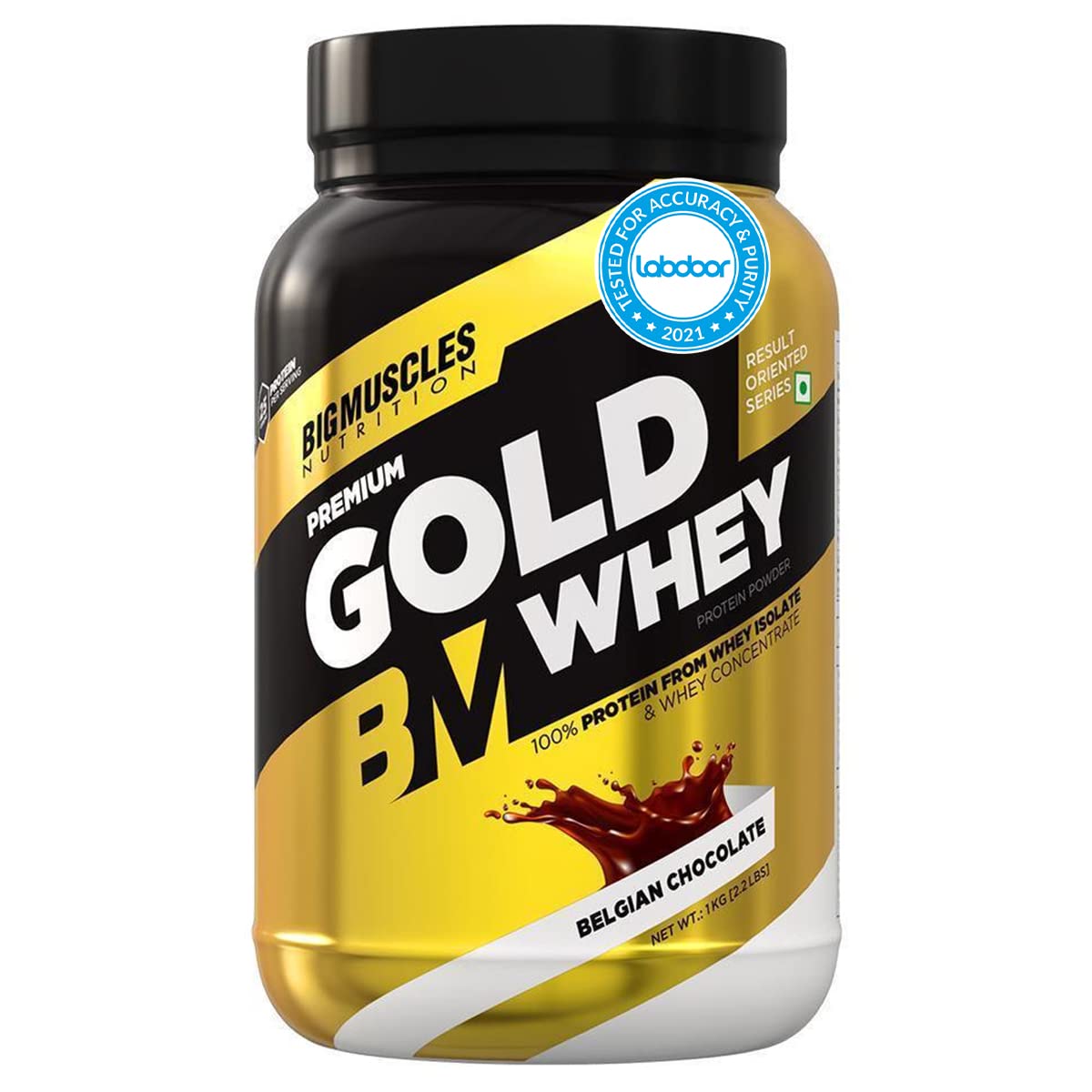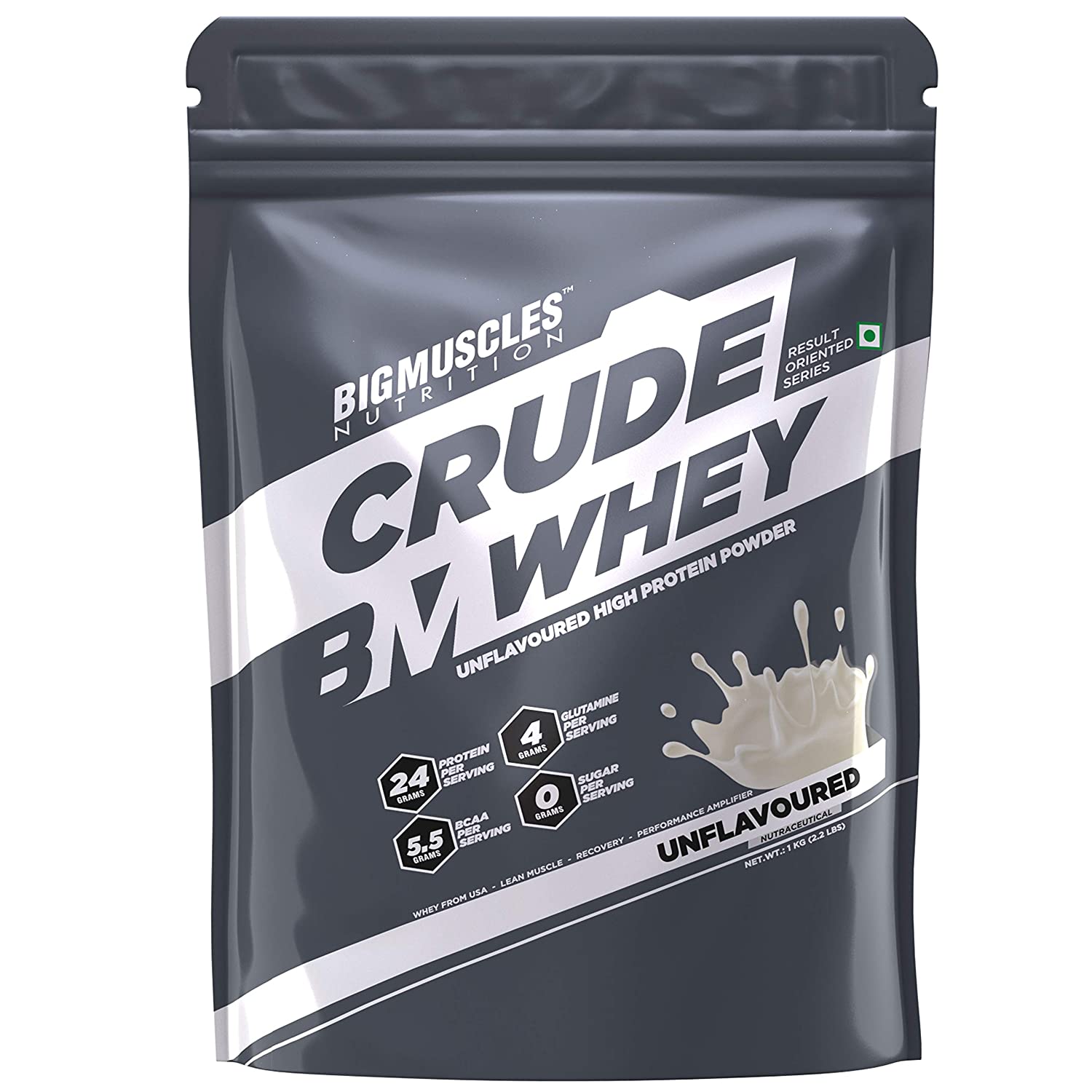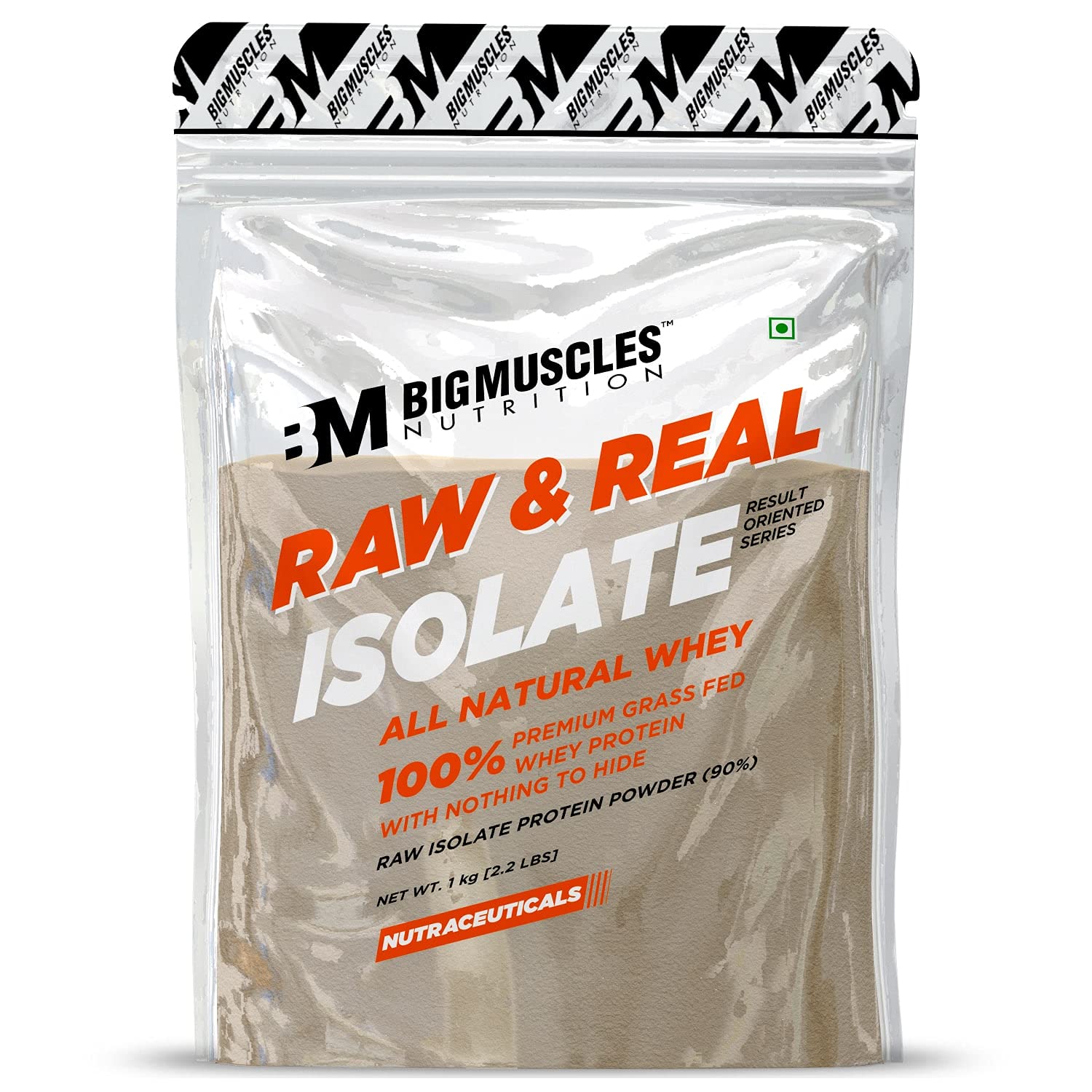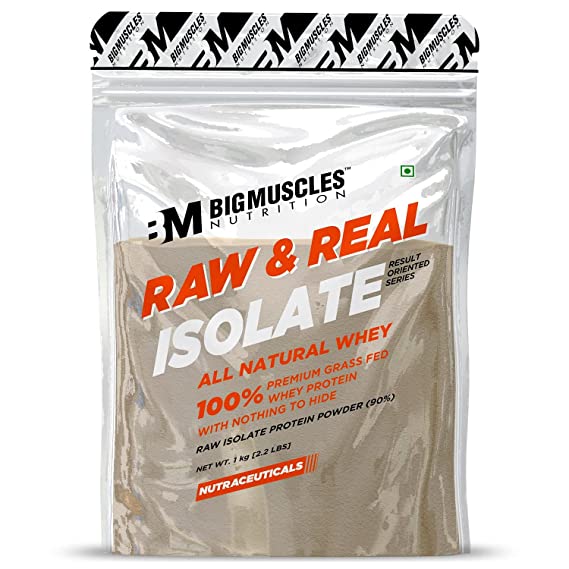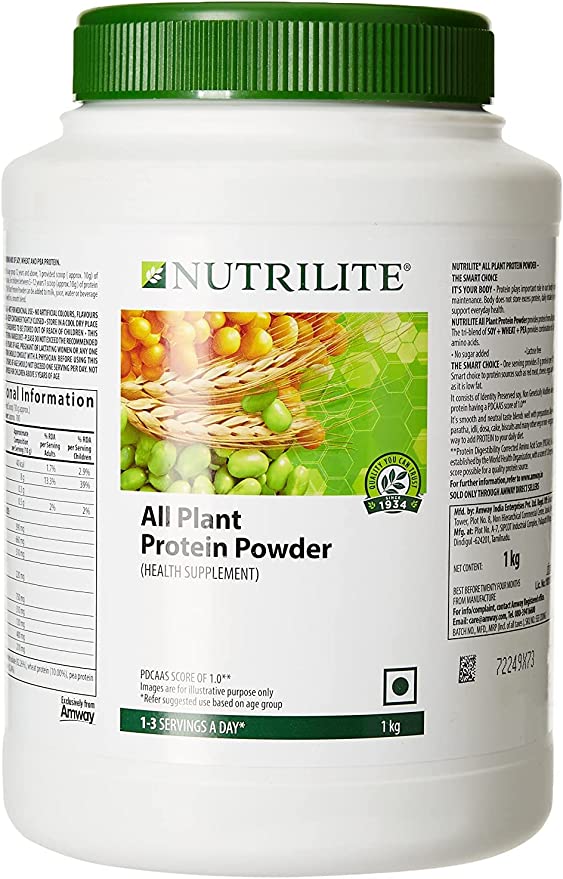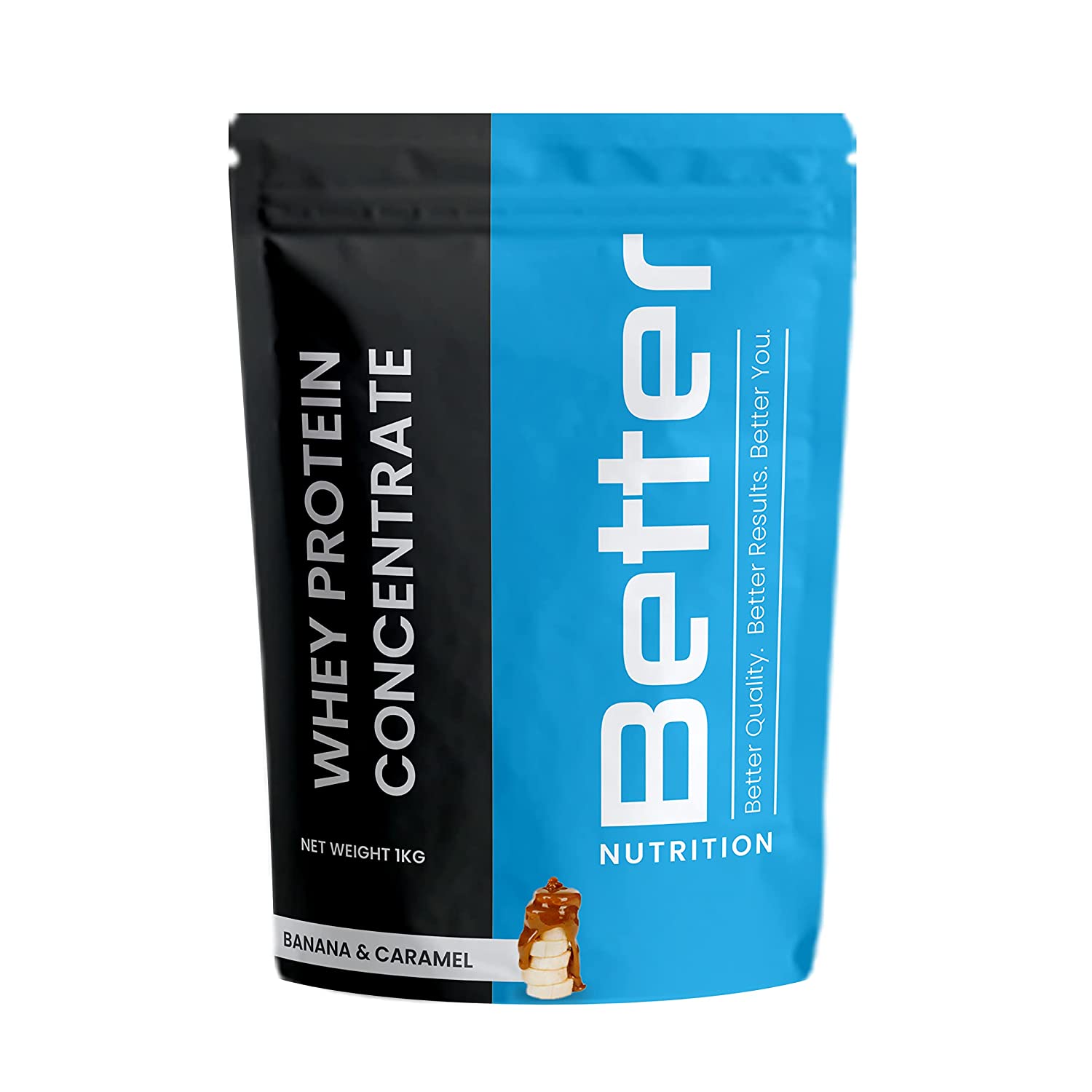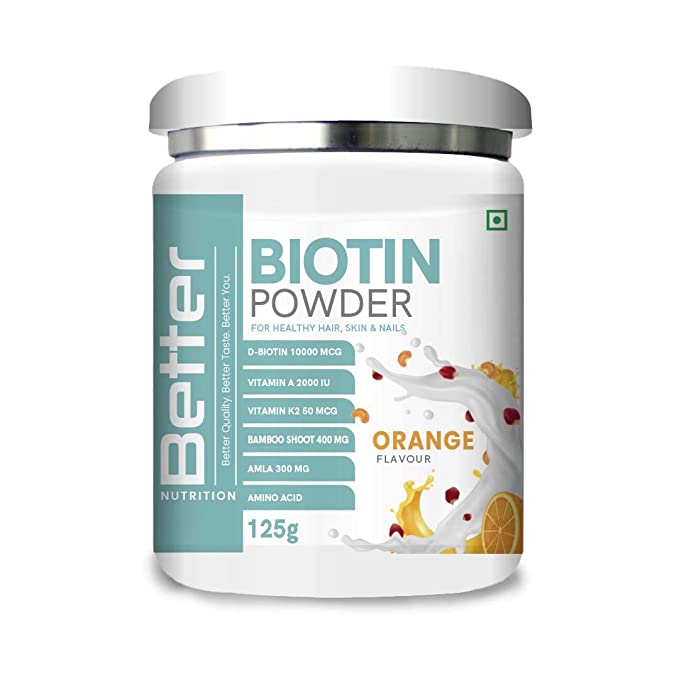Methionine
Macronutrient
Last update date: October 11, 2023
Methionine is an essential amino acid. Meat, fish, and dairy products are some of the food sources. It plays a crucial role in producing many molecules that are essential to modify DNA.
Frequently Asked Questions
1.
What is Methionine?
Methionine is an essential amino acid that your body cannot produce on its own, making it necessary to obtain it from food or supplements. It is commonly found in protein-rich sources like meat and dairy products. Methionine plays a vital role in several bodily functions, including the synthesis of new proteins, DNA production, and the growth and repair of tissues. It is recommended to consume approximately 14 milligrams (mg) of methionine per kilogram (kg) of body weight daily through your diet.
2.
What is positive impact of Methionine?
Methionine is associated with several potential health benefits, although scientific evidence supporting some claims is limited. Here are some better-supported uses of methionine: Acetaminophen Overdose: Methionine is used as an antidote for acetaminophen (paracetamol) overdose to prevent liver damage. Cancer Risk: Some studies suggest that methionine restriction may help reduce the risk of certain cancers. Liver Damage: Methionine has shown promise in protecting the liver from damage caused by alcohol consumption and certain toxins. Nourishing the Hair, Skin, and Nails: Methionine is involved in the synthesis of proteins that support healthy hair, skin, and nails. Slowing Down Cell Aging: Methionine is believed to have antioxidant properties that may help slow down cellular aging. Protecting Cells from Pollutants: Methionine's antioxidant effects may also help protect cells from damage caused by environmental pollutants.
3.
Who should avoid Methionine?
Certain individuals should exercise caution or avoid using methionine altogether. People with methylenetetrahydrofolate reductase (MTHFR) deficiency, a hereditary condition, should avoid methionine supplementation. This deficiency impairs the conversion of homocysteine, a potentially harmful compound, into methionine. Taking methionine supplements in such cases can lead to elevated levels of homocysteine, which may have adverse health effects. To determine if methionine is safe for you, it is recommended to consult with your healthcare provider who can evaluate your specific health conditions and provide appropriate guidance.
4.
What are common sources of Methionine?
To incorporate methionine into your diet, you can include a variety of food sources. Here are some common sources of methionine: Ground Turkey: Lean ground turkey is a good source of methionine and provides a lean protein option. Beef (Skirt Steak): Skirt steak is a flavorful cut of beef that contains methionine along with other essential nutrients. Tuna: Tuna is a rich source of methionine and also provides omega-3 fatty acids, which offer additional health benefits. Lean Pork Chops: Lean pork chops are a lean protein source that contributes to your methionine intake. Firm Tofu: Tofu made from soybeans is a plant-based source of methionine, suitable for vegetarians and vegans. Milk: Milk and dairy products, such as cheese and yogurt, contain methionine and provide calcium for strong bones. Brazil Nuts: These nuts are not only a source of methionine but also provide healthy fats and minerals. Quinoa: Quinoa is a nutritious grain-like seed that offers methionine and is a good alternative for those seeking gluten-free options.
5.
Which are symtoms of Methionine deficiency?
A deficiency of methionine can have several consequences for your health. Insufficient intake of methionine may impair protein synthesis, hinder tissue repair, and affect DNA production. This can lead to reduced growth and development, muscle wasting, and impaired immune function. Additionally, methionine deficiency can contribute to the development of fatty liver disease and hinder normal liver function. To ensure you meet your methionine requirements, it is important to consume a balanced diet that includes adequate protein sources or consider supplementation under the guidance of a healthcare professional.


